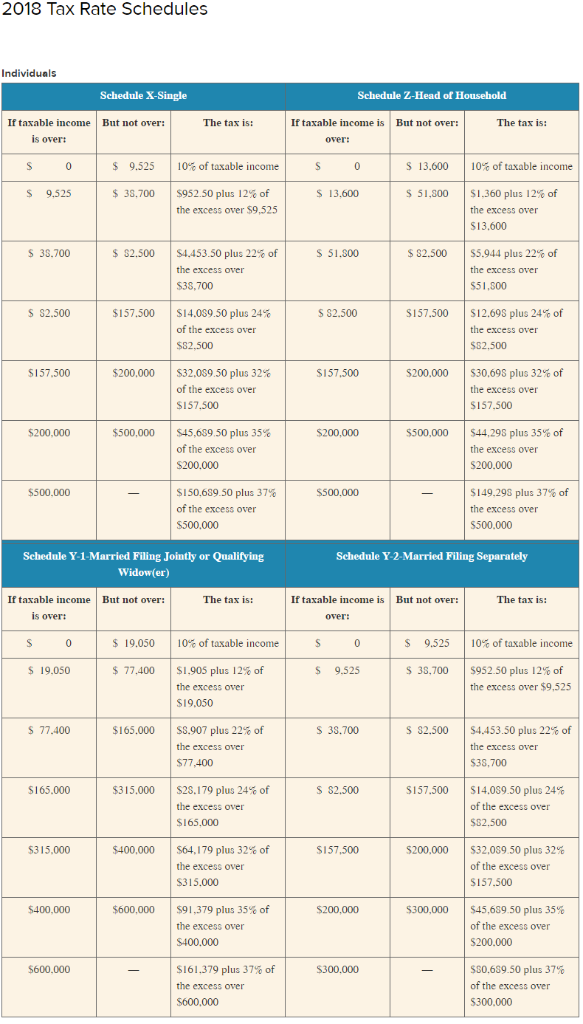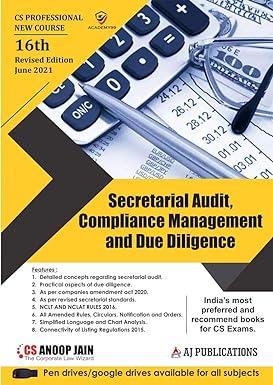Answered step by step
Verified Expert Solution
Question
1 Approved Answer
Chuck, a single taxpayer, earns $87,500 in taxable income and $2,500 in interest from an investment in City of Heflin bonds. (Use the U.S. tax
Chuck, a single taxpayer, earns $87,500 in taxable income and $2,500 in interest from an investment in City of Heflin bonds. (Use the U.S. tax rate schedule.)
Required:
- If Chuck earns an additional $5,000 of taxable income, what is his marginal tax rate on this income?
- What is his marginal rate if, instead, he had $5,000 of additional deductions?
(For all requirements, do not round intermediate calculations. Round your answers to 2 decimal places.)

Step by Step Solution
There are 3 Steps involved in it
Step: 1

Get Instant Access to Expert-Tailored Solutions
See step-by-step solutions with expert insights and AI powered tools for academic success
Step: 2

Step: 3

Ace Your Homework with AI
Get the answers you need in no time with our AI-driven, step-by-step assistance
Get Started


